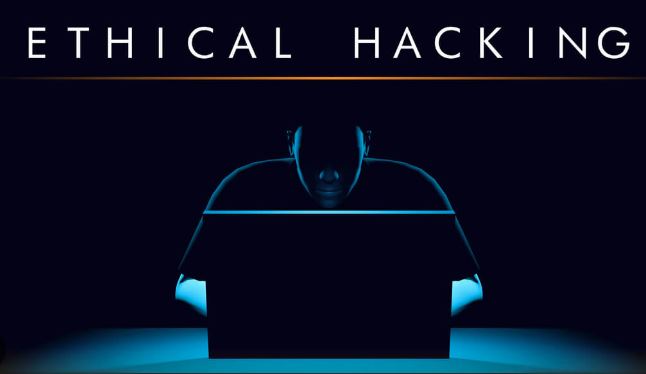In the constantly evolving world of cybersecurity, staying one step ahead of potential threats is crucial. One powerful tool in the fight against malicious hackers is a practice known as ethical hacking. Ethical hacking involves deliberately infiltrating computer systems and networks to identify vulnerabilities before they can be exploited by malicious actors. In this post, we will explore the important role of ethical hacking in identifying and fixing vulnerabilities in cybersecurity.
Ethical hackers, also referred to as white hat hackers or penetration testers, employ their skills and knowledge to simulate real-world cyberattacks. By adopting the mindset of a malicious hacker, ethical hackers can identify weaknesses in systems, networks, applications, and other digital infrastructure. Through a series of controlled and authorized tests, they attempt to breach security measures to assess the level of risk and uncover potential vulnerabilities.
The primary goal of ethical hacking is to proactively detect vulnerabilities and weaknesses that could be exploited by real attackers. By identifying these weaknesses, organizations can take the necessary steps to fix them before they are discovered and exploited by cybercriminals. This proactive approach allows businesses and individuals to stay ahead of potential threats, beef up their security measures, and minimize the risk of security breaches.
Ethical hackers utilize a range of techniques and tools to assess cybersecurity. These may include comprehensive vulnerability assessments, penetration testing, social engineering, and network scanning, among others. They also employ methodologies such as the Open Web Application Security Project (OWASP) framework to ensure a systematic and thorough assessment of vulnerabilities.
Once vulnerabilities are identified, ethical hackers work closely with organizations to help fix the issues. They provide detailed reports outlining the discovered vulnerabilities, their potential impact, and recommendations for remediation. This information allows organizations to prioritize and address vulnerabilities effectively.
Ethical hacking goes beyond just identifying and fixing vulnerabilities. It promotes a culture of security awareness and encourages organizations to adopt robust security practices. It helps educate businesses and individuals about the risks they face, enabling them to make informed decisions regarding their cybersecurity strategy. Moreover, ethical hacking allows organizations to meet compliance requirements and industry standards by identifying and addressing security gaps.
It is essential to note that ethical hacking requires strict adherence to ethical guidelines and legal boundaries. Ethical hackers must operate within a predefined scope, obtaining proper consent and authorization for their activities. Their actions should never compromise the confidentiality, integrity, or availability of data or systems.
In conclusion, ethical hacking plays a critical role in identifying and fixing vulnerabilities in cybersecurity. By adopting the perspective and methods of malicious hackers, ethical hackers can proactively identify weaknesses, assess potential risks, and recommend security enhancements. This practice goes beyond securing systems; it fosters a security-conscious culture and helps organizations stay ahead of emerging threats. With ethical hacking as a vital component of their security strategy, businesses can mitigate risks and protect their essential assets effectively.

